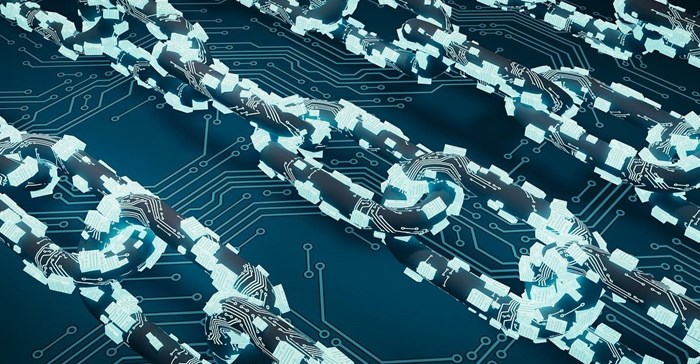






In addition to being aware of solutions like cryptocurrency, digital cards, biometric payments, Buy Now Pay Later (BNPL), and open banking, consumers in South Africa are increasingly and actively using these solutions for various financial transactions in their everyday lives.
Mastercard’s New Payments Index 2022 found that 95% of people in South Africa have used at least at one emerging digital payment method in the last year.
The study found that while in-person purchases remain common, consumers are making purchases in increasingly diverse ways, such as with loyalty points or store credit cards, and by means of a range of digital purchasing activities.
In the last six months, 67% of consumers have made a purchase from an online marketplace, 66% have bought something from a mobile app and 49% have bought a service by means of an online subscription.
In addition to being aware of solutions like cryptocurrency, digital cards, biometric payments, Buy Now Pay Later (BNPL), and open banking, consumers in South Africa are increasingly and actively using these solutions for various financial transactions in their everyday lives.
While traditional payment methods like cash and swiping or inserting a credit card still have traction, the use of emerging digital payments are gaining momentum. Three quarters of users increased use of at least one emerging digital payment method in the last year.
An overwhelming 97% indicated that they are likely to use a digital payment method in the next 12 months, with account-to-account payments (86%), digital money transfer apps (81%), instant payment services (80%), and digital credit or debit cards (78%) topping the list.
The Index confirmed that security is top of mind when deciding what payment methods to use in South Africa as well as globally. Interestingly, traditional payment methods are still viewed as more secure than emerging digital methods with 79% of South African consumers saying that swiping or inserting a debit or credit card is the most secure way to pay.
Beyond security, South Africans cited ease of use (51%) and the rewards offered (44%) as differentiators when deciding which payment method to use.
“Consumers in South Africa have consistently shown a willingness to adopt innovative new technologies - and payments are no exception.
"At Mastercard, we are committed to understanding the unique needs and preferences of the people residing in the markets we serve, and to continue partnering with the public and private sectors to develop market-relevant solutions as we build an inclusive and connected digital future that works for everyone,” said Gabriel Swanepoel, country manager at Mastercard, Southern Africa.
The Mastercard New Payments Index 2022 further shows:
However, while consumers want the flexibility and convenience of BNPL, they want the security associated with a trusted provider like a bank or payment network. Consumers find BNPL useful for big-ticket purchases and emergency use, as well as increased purchasing power. They also find it useful for unique use cases, including as a budgeting and financial-planning tool.
Consumers are relying on digital channels for paying bills because it’s more convenient and optimizes financial management. Sixty percent of South African consumers say it helps them to budget and manage their money better while 51% say they are using digital tools in order to set up recurring payments. In all, 84% of consumers agree they would like to be able to make purchases or pay bills directly from their bank account without inputting card details.
South African consumers cite faster transactions (60%) and the ease of tracking transactions between accounts (59%) as the biggest benefits of open banking and linking accounts.
Eight in 10 consumers agree they feel safe using apps to send money to people or businesses from their phone and close to half agree they are comfortable sharing financial information with apps to have access to payment tools that help them manage their money.
The potential for security optimisation is also evident to consumers, with roughly three-quarters agreeing biometric technologies for identity and payments is more secure than a PIN, password, or other form of identification and more secure than two factor authentication via text or email.
While consumers do have some concerns about what entities have access to their biometric data, they are still open to using it given the time it saves with the majority of consumers either having used it or planning to make use of biometric data.
As consumers shop, bank and transact digitally more than ever before, Mastercard continues to strengthen its digital payment capabilities in South Africa and across the wider Eastern Europe, Middle East and Africa (EEMEA) region.
Its trusted technology solutions are being used for new use cases, brought to market through various partnerships with fintechs, governments, financial institutions, digital giants and telecom operators.
By tapping into multi-rail capabilities to create competitive localised solutions, Mastercard is accelerating the transfer of value in new ways, on multiple rails, thereby advancing a bright future for inclusive commerce.